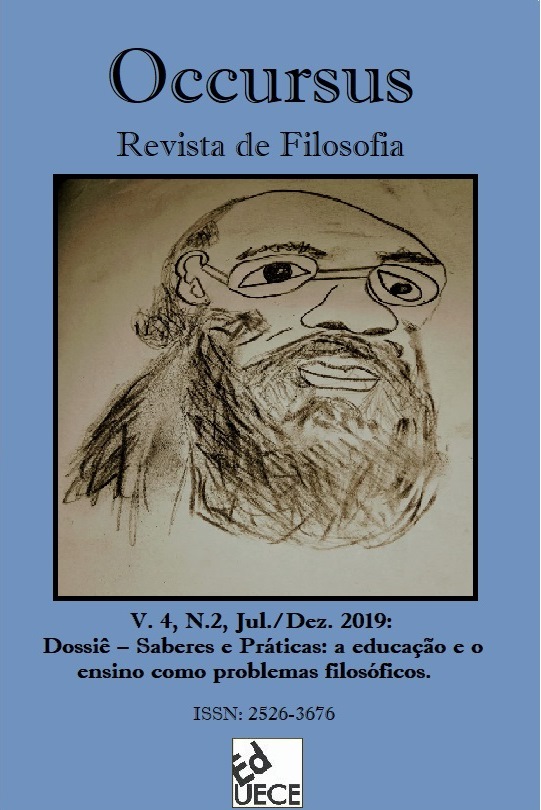Education between utopia and science
Keywords:
Utopia. Falsifiability.Pedagogical Project.Abstract
It would not be an overstatement to say that the utopian thinking in pedagogical literature is as old as the field itself, vide the Republic of Plato. In this paper we put forward some arguments that explicit the attraction of this line of thinking in educational literature and its theoretical and social implications. The anthropological as well as the epistemological consequences of the utopical thinking in education are discussed according Karl Popper and Comte-Sponville. The paper concludes its reasoning by delineating the argument that the utopian thinking in education can be dangerous when it leads to the abandonment of gradual solution of complex problems and democratic solutions in name of a more perfect and total transformation of reality that nonetheless is not feasible in the present moment.
References
COMTE-SPONVILLE, André. Tratado do desepero e da beatitude. Martins Fontes: São Paulo, 2006.
MARX, Karl; ENGELS, Friedrich. Manifesto do partido comunista. Rio de Janeiro: Vozes, 1988.
FREIRE, Paulo. Educação: o sonho possível. In: BRANDÃO, Carlos Rodrigues (org.).O educador: vida e morte. 2. ed. Rio de Janeiro: Graal, p.89-101, 1982.
FREIRE, Paulo. Pedagogia da indignação: cartas pedagógicas e outros escritos. São Paulo: Unesp, 2000.
PESSOA, Fernando. Livro do desassossego: composto por Bernardo Soares, ajudante de guarda-livros na cidade de Lisboa. São Paulo, SP: Companhia de Bolso, 2010.
POPPER, Karl. A sociedade aberta e seus inimigos. Belo Horizonte: Itatiaia; São Paulo: Ed. da Univ. de São Paulo, 1974. 2v.
POPPER, Karl. Conjecturas e refutações. Brasília: UNB, 1972.
POPPER, Karl. Textos escolhidos. Rio de Janeiro: Contraponto, 2010.
POPPER, Karl. “Utopia e violência”. In: O racionalismo crítico na política. Coletânea de ensaios. UNB, 1981. P. 3-12.
Downloads
Published
How to Cite
Issue
Section
License
Copyright (c) 2024 Rafael Britto de Souza, Vicente Thiago Freire Brazil

This work is licensed under a Creative Commons Attribution 4.0 International License.




